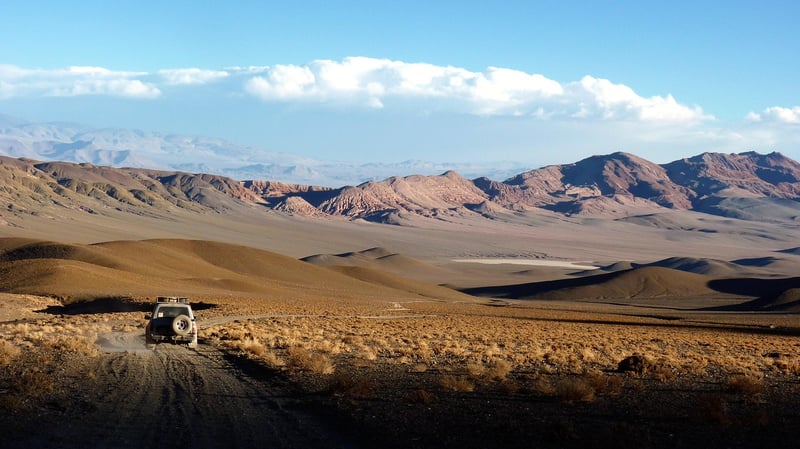Colonial Expeditions
Exploring the Past: Colonial Expeditions
Colonial expeditions were voyages undertaken by European nations during the Age of Exploration to discover new lands, establish colonies, and expand their empires. These expeditions played a significant role in shaping the modern world and have left a lasting impact on history.
The Age of Exploration
The Age of Exploration, also known as the Age of Discovery, began in the early 15th century and continued into the 17th century. During this time, European explorers set out on voyages across the globe in search of new trade routes, wealth, and territories.
Colonial Expeditions and Their Impact
Colonial expeditions led to the establishment of colonies in regions such as the Americas, Africa, and Asia. These colonies served as sources of raw materials, markets for goods, and strategic military outposts for the European powers.
European Powers and Their Colonies
- Spain: Colonized much of South and Central America, as well as parts of North America.
- Portugal: Established colonies in Brazil, Africa, and Asia.
- England: Founded colonies in North America, India, and the Caribbean.
- France: Established colonies in North America, Africa, and the Caribbean.
- Netherlands: Built colonies in Southeast Asia, Africa, and the Americas.
Legacy of Colonial Expeditions
The legacy of colonial expeditions is complex and continues to impact societies around the world. While they brought about cultural exchange and economic development, they also led to the exploitation of indigenous populations, the spread of diseases, and the disruption of traditional ways of life.
Exploring Further
If you're interested in learning more about colonial expeditions and their impact, check out the following resources:

Exploring the history of colonial expeditions offers valuable insights into the interconnectedness of our world and the complexities of colonial legacies.
